By Dairy Dimension News Desk
Reading Time: 5 minutes
In a bold move toward rural empowerment, Himachal Pradesh has become the first Indian state to implement a Minimum Support Price (MSP) for milk, offering guaranteed rates to dairy farmers for cow, buffalo, and goat milk. While the initiative is being hailed as a milestone in dairy policy reform, experts caution that its success will depend on how well emerging challenges are managed.
Policy Milestone: First MSP on Milk in India
Chief Minister Thakur Sukhvinder Singh Sukhu fulfilled a central electoral promise with this initiative:
- ₹51/litre for cow milk from over 38,400 farmers
- ₹61/litre for buffalo milk from 1,482 farmers
- ₹70/litre for goat milk (pilot program)
This direct government procurement ensures price stability, bypasses intermediaries, and fosters a more equitable dairy ecosystem, especially in hill regions with limited access to the private market.
Dairy Ecosystem Support and Services
To complement MSP:
- 44 Mobile Veterinary Units now offer doorstep animal healthcare
- The 1962 toll-free helpline has handled over 36,000 queries
- Garbhit Pashu Aahar Yojna supplies subsidised feed to over 31,000 farmers
- 6 lakh+ chicks distributed under the Him Poultry Scheme
- ₹6.13 crore invested in broiler units for youth entrepreneurship
- 5,000+ dairy farmers enrolled in new cooperative societies
These efforts aim to increase productivity, reduce costs, and formalise rural dairy networks.
⚠️ Emerging Challenges: Can the System Hold?
Despite its benefits, the MSP model brings critical implementation risks:
1. Cross-State Milk Infiltration
- Attractive prices may incentivise milk movement from neighbouring states, such as Punjab, Haryana, and Uttarakhand, into Himachal, thereby undermining local procurement priorities.
- Monitoring and regulating such inflows will be crucial to protecting local farmers’ interests.
2. Fiscal Burden and Budgetary Sustainability
- The cost of maintaining MSP procurement, cold chain logistics, storage, and veterinary services is substantial.
- Without central government backing, state finances may come under strain if procurement volumes rise sharply.
3. Storage, Processing & Infrastructure Bottlenecks
- Ensuring daily procurement of 2.25 lakh litres+ requires robust chilling and processing facilities.
- Any lag in processing capacity can result in milk wastage, particularly during peak production months.
4. Cooperative Management and Transparency
- New milk cooperatives must ensure transparent operations and fair payouts.
- Without proper oversight, risks of corruption, delay in payments, or politicisation of procurement may emerge.
5. Market Price Distortion
-
MSP can disrupt local private dairy networks that may struggle to compete with state-guaranteed prices, leading to market exits or price inflation in nearby non-MSP regions.
6. Political Volatility and Continuity Risks
-
As an election-linked promise, the scheme’s continuity might depend on political will, making it vulnerable to changes in leadership or policy shifts.
Conclusion: A Visionary Yet Fragile Step Forward
Himachal Pradesh has set a historic benchmark in dairy farmer empowerment with its Minimum Support Price (MSP) for milk SP. The holistic approach—integrating feed, health, and cooperative support—makes this a model for inclusive livestock development. However, the success of this ambitious initiative will depend on strict regulation, fiscal prudence, infrastructure expansion, and a long-term commitment.
“We’re not just improving farmer incomes—we’re redefining rural self-reliance,” said CM Sukhu. Yet, how the state navigates the risks will determine whether this becomes a sustainable model or a cautionary tale.

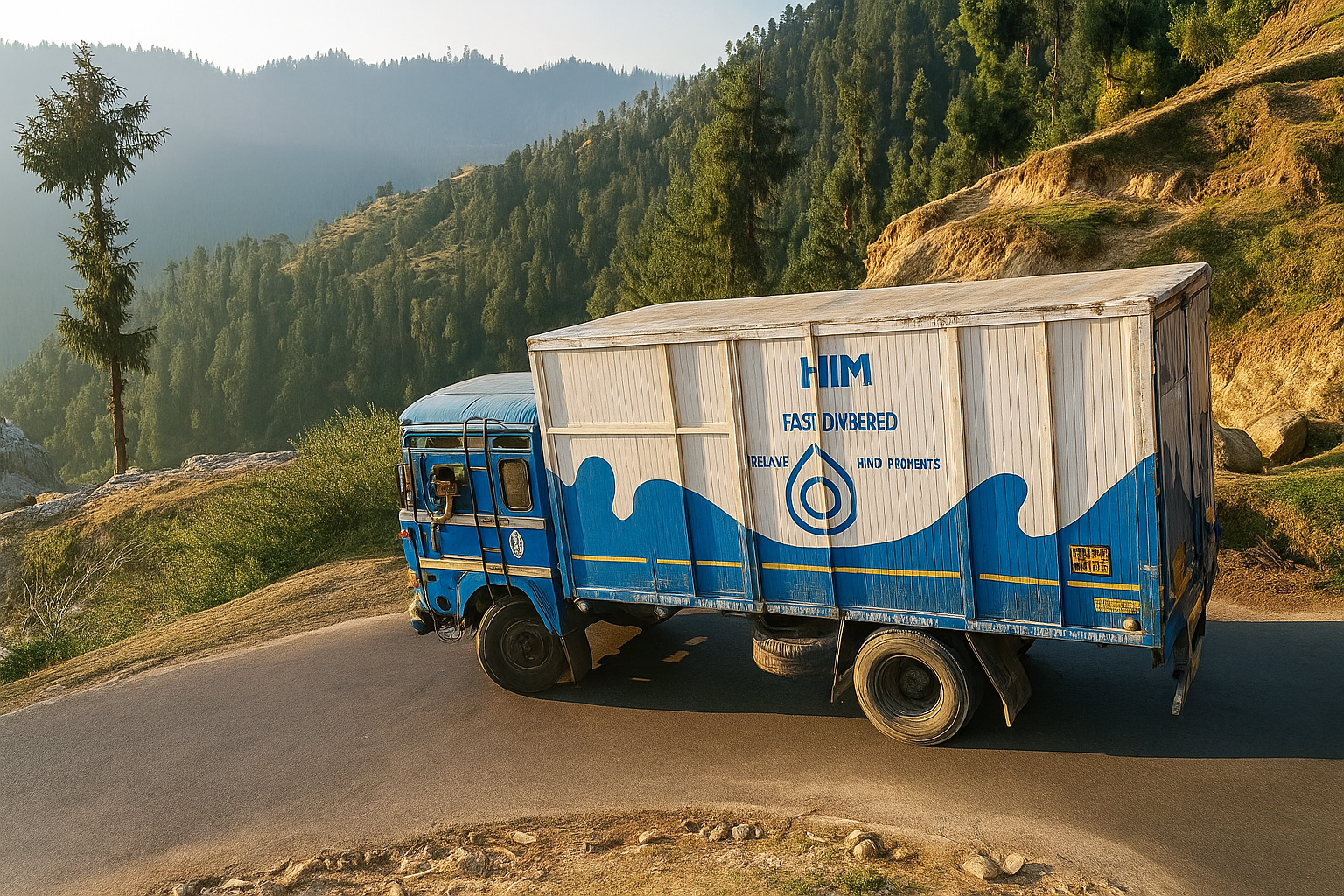
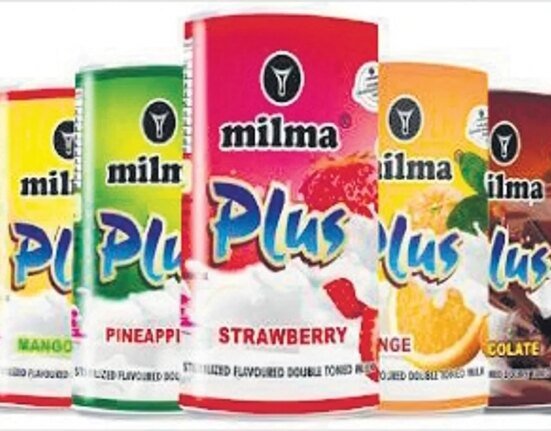
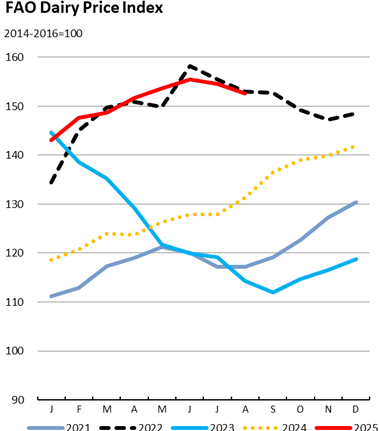
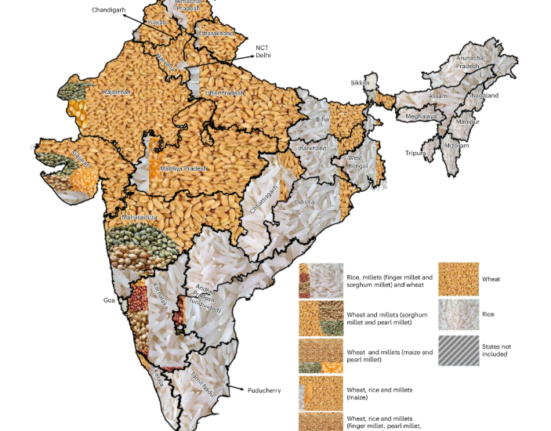


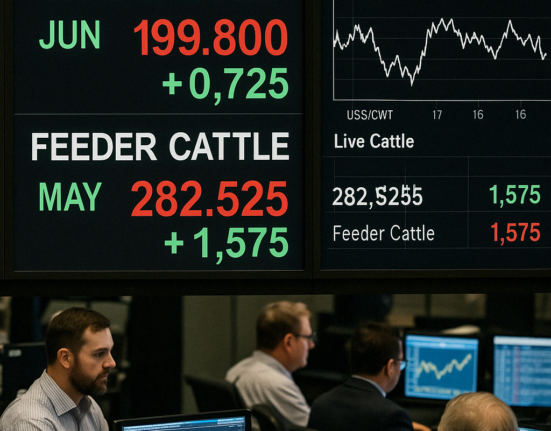
1 Comment